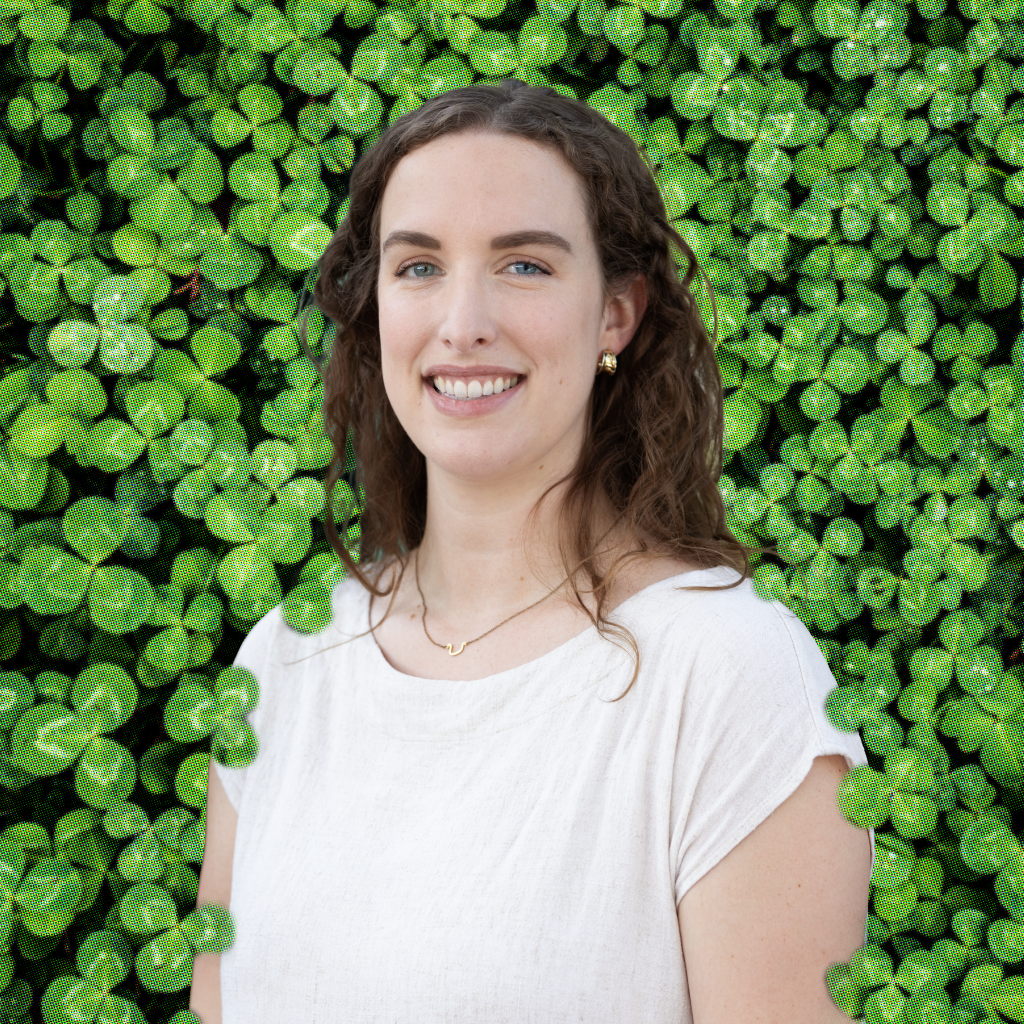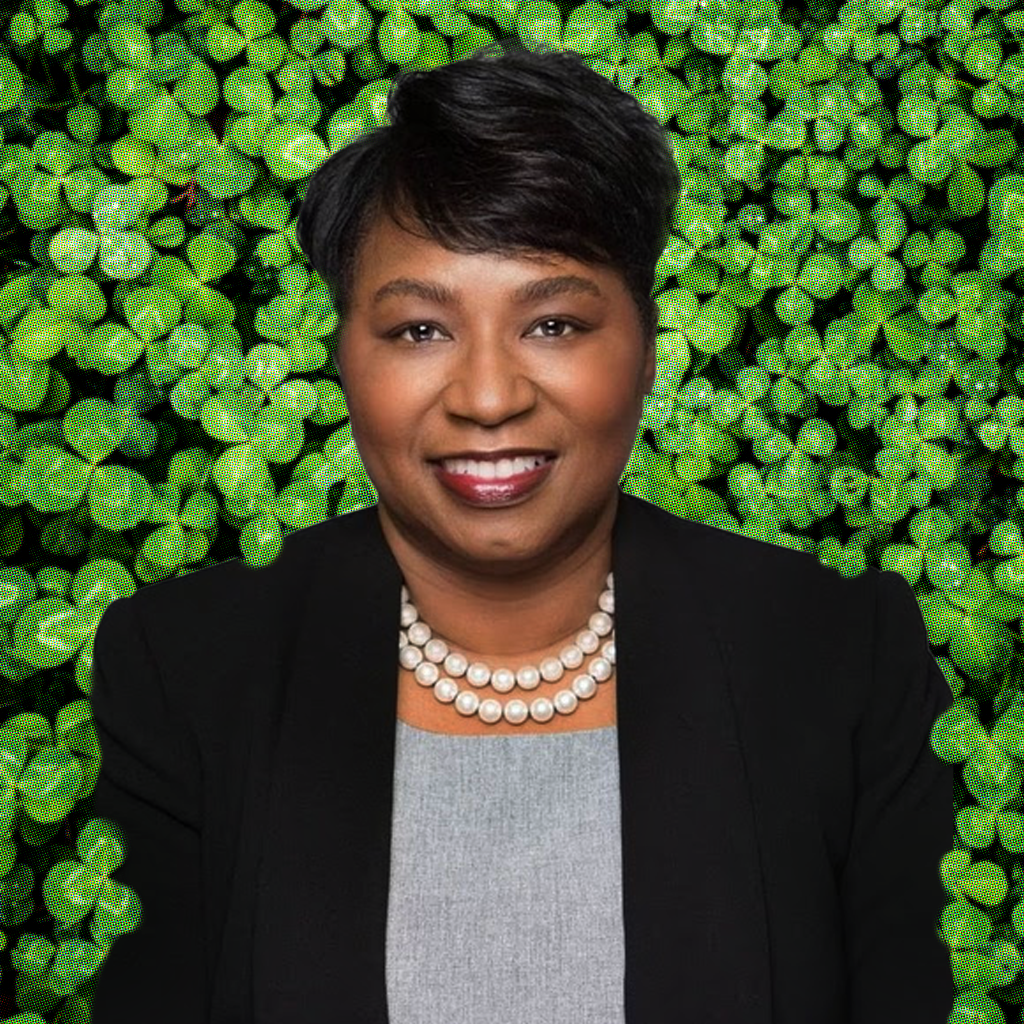Christi Gendron, PhD | Neurobiologist & Aging Researcher
Can dead fruit flies teach us something about how humans age?
Drosophila melanogaster, also known as the common fruit fly, is the superhero of brain science. Dr. Christi Gendron, a neurobiologist researching the neural underpinnings of how sensory perception impacts physiology and lifespan in Drosophila melanogaster, believes her findings could have important implications for our own health and longevity. Gendron’s lab in collaboration with Dr. Scott Pletcher at the University of Michigan has long been interested in how the brain controls aging, and how sensory experiences with the external world (including food, light, pheromone, and even death cues) produce physiological changes that affect lifespan.
Understanding how neural circuits regulate aging in flies could eventually lead to targeted drug therapies in humans that slow the aging process — while also providing insights into how psychology potentially impacts health and lifespan.
Take Action:
1) Make a financial contribution to the Alliance for Aging Research,, a 4-star charity and leading non-profit organization that advocates for aging individuals, provides knowledgeable information about aging, and supports aging research in an effort to create a culture around aging that promotes independence, dignity, and equity.
2) Explore the World Health Organization (WHO) portal, The Decade of Aging to discover ways that you can get involved.

Dr. Christi Gendron is a molecular biologist researching how sensory events shape our health and lifespan. She holds a PhD from Imperial College London and is a Research Assistant Professor at the University of Michigan. Her work has been supported by the National Institutes of Health, the Animal Models for the Social Dimensions of Health and Aging Research Network, and the Glenn Foundation for Medical Research. In addition to her academic publications in top scientific journals, Christi has written for The Conversation and has been a speaker at many international conferences. Her work has been covered by The New York Times, BBC, National Geographic, The Guardian, and the New Scientist among others.





